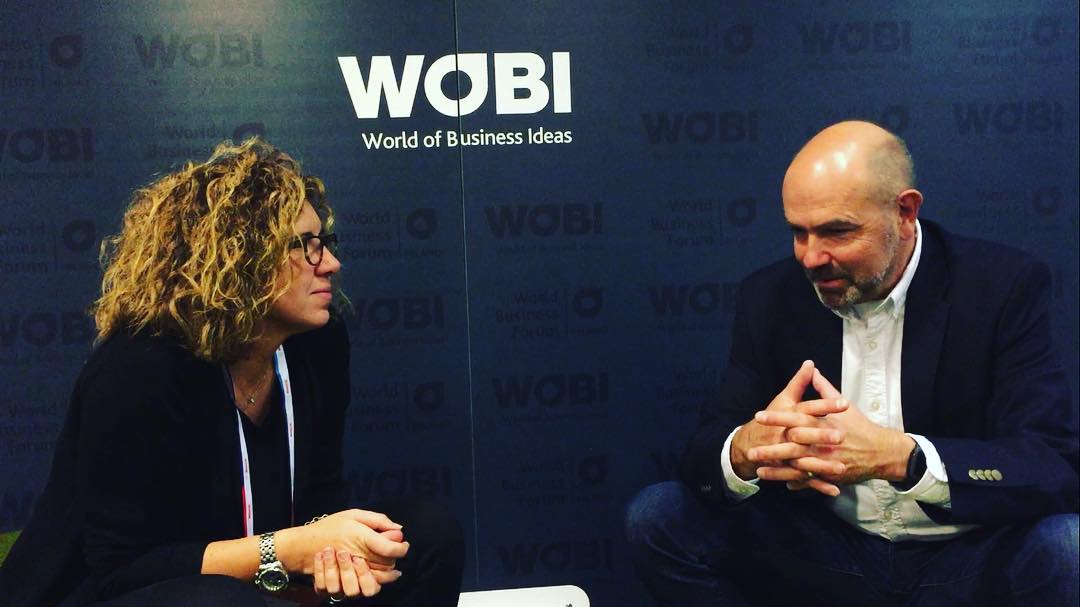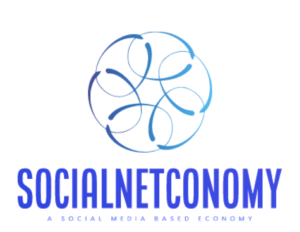Interviewing Chris Anderson on Digital Transformation

 One of the reasons why this blog exists is that I strongly believe the broad usage of social networks – and of the digital world – is changing our behaviour and our way of relating to others, to our life, to companies, to everything.
One of the reasons why this blog exists is that I strongly believe the broad usage of social networks – and of the digital world – is changing our behaviour and our way of relating to others, to our life, to companies, to everything.
An easy access to everything with something we constantly hold in our pocket, as well as an even more easy access to an incredible amount of resources and the possibility to quickly interact with others – including those we don’t know and brands – has created some kind of gap between what we believe we can “easily” get access to and what our actual range of action can be, based on our nature and capability of interacting the right way with others, taking into account different cultures and level of knowledge/education.
Having worked for many years in digital businesses and around technology, my experience makes me notice this gap even more: tech/digital savvy have a different business behaviour if compared to those who have been acting in a non-digital or technology business and that embrace now digital. Those latter often confuse easy access with easy use. This creates a cultural obstacle to a successful digital transformation.
For this reason, I wanted to hear about this from an expert in the technology world, Chris Anderson, Wired editor-in-chief until 2012 and now entrepreneur in robotics and drones. I met Chris during this month’s World of Business Forum in Milan.
So here is what I asked him to talk about:
Many businesses are now in the process of embracing their “digital transformation”, but there’s a poor understanding of what “digital” really means for businesses, especially for more traditional ones.
- What do you see as biggest obstacles to a digital transformation?
- And what makes, according to your experience, a business slower or faster in embracing a digital transformation?
- Do you see the key to solve the equations are structures (more rigid vs more flexible and agile) or single people / talents (age, experience, intelligence, being open minded, able to accept a young person may be more qualified than an experienced manager)?
And you can see his full answers in the video here below. I totally agree on his main point and I invite you to comment and share your opinion on this subject:
[youtube https://www.youtube.com/watch?v=JGDA9Pa2IDs?rel=0&w=640&h=360]
Audio is a bit low for the 1st minute – headphones recommended.
